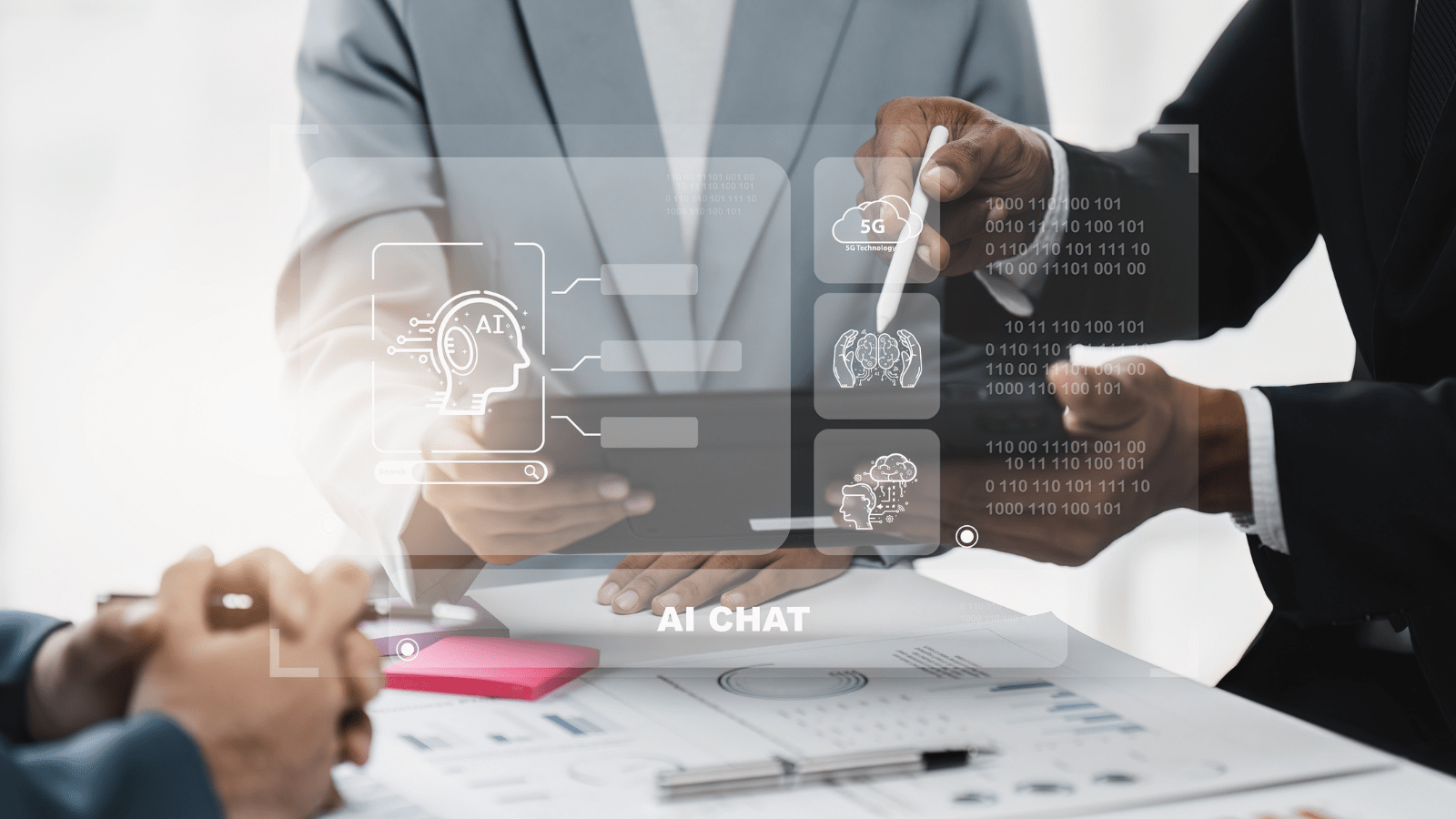Saverio Romeo, Visiting Fellow CIMR
The 15th Anniversary of the Centre for Innovation Management Research was a tremendous moment of reflections on the future of innovation and entrepreneurship studies in general and at Birkbeck. Prof. Muthu De Silva, Prof. Martin Meyer, and Prof. Tim Vorley reflected on the successful history of innovation and entrepreneurship studies and how that can lead to further exciting achievements in a world that requires robust academic reflections on change and impact on society. There was also consensus that the academics increasingly need to bridge towards society. Innovation scholars know how to do that, and they should not forget it.
The Centre for Innovation Management Research certainly knows how to do that. Visting Fellows represent a valuable resource for the Centre and, being one of them, the Centre is an incredible intellectual stimulus for them. The second session was about the connection between the Centre and society. Technology is the perfect place for a fruitful encounter between innovation scholars and policy makers and organizations’ decision makers. It was an honour to be a panellist and being able to discuss emerging technology, innovation processes, policies, and regulation. Artificial Intelligence (AI) and the rising of generative AI were the protagonists of that debate.
I want to stress some of the points discussed through a story. In 1966, Primo Levi published a collection of science fiction and fantasy stories titled “Storie Naturali”. One of these stories was “Il Versificatore”, in English “Versificator”, that became a short film in 1977 for the national broadcaster, RAI. A poet overloaded with work (from poems for advertising to an ode to AC Milan”) needs extra help. He decides to purchase the “Versificator”, a machine able to write poems once some inputs were provided. The secretary was extremely sceptical about the machine. “How can a machine write better than you do?”. And, in fact, the “Versificator” was not perfect, but, in most of the cases, it performed decent tasks. After two years, the ”Versificator” did not just write poems, but it also took care of accounts and other admin tasks. “The Versificator”, an early version of Chat-GPT, changes the way of working of the poet, does a decent job, scares the secretary a little bit, makes mistakes, and learns. The “Versificator” had an immediate effect on the ways of working of the poet’s company and, learning, made itself ever more important and you wonder if the secretary lost the job because of the “Versificator”.
Premio Levi’s story shows the benefits and the challenges we are experiencing with AI and, I would stress, with the convergence of emerging technologies – technologies do not come alone anymore, their power is togetherness. We wave between crazy states of fear and excessive excitement. We are in front of an exceptional technological wave that could bring us enormous benefits, but exacerbates societal challenges and introduce new ones. The change revolves around our ways of living and working and, therefore, around us as individual. Those technologies are dealing with our data, with our digital profile. Therefore, a responsible development of those technologies cannot rely only on the technology community. The development become responsible only if it is multidisciplinary because it is then able to look at the various implications of technological. For example, we cannot have AI company without AI ethicists and, generally, technological ethical assessment requirements. We cannot think at seamless technological systems without attention to data sovereignty. We need to encourage open environments rather than lock-in systems with unpredictable use of data. We need to think about technology with security in mind, and more than ever, environmental sustainability in mind. We need to form people to the future that technology designs, sometimes, without reflecting on the societal impacts. Policy in all this plays an important role, but national policy is increasingly less meaningful in an environment that is borderless. And, if we are unable of international technology policy, then interoperability and standardisation become essential. Finally, listening to the demand, to the customers, to the citizens to see what is really needed. Let’s avoid this continuous push of technologies towards society when society does not really understand it. The responsible development happens with people as well. We could avoid “states of fear” or “excessive excitement” if we talk about technology with everyone and not just among ourselves (the story of blockchain is another one to tell here, quantum is becoming another one). Let’s not end up when we should ask the “Versificator” how our future will be. Let’s build it bring all our expertise together.
The debate was very lively. We did not ask the “Versificator” for help. We all agree that we need to look at the beauty of technologies with a critical mind. Innovation theories can help in doing that. Innovation scholars can have a fundamental role in the shaping of a society that becomes increasingly techno-centric, helping citizens and organisations enjoying the most of it, but also making them aware that old and new challenges need to be addressed. The Centre for Innovation Management Research at Birkbeck can contribute enormously to the responsible development of technology through its phenomenal combination of innovation scholars and practitioners from public and private organisations.
***
Saverio Romeo, Visiting Fellow CIMR
Associate Lecturer on Digital Transformation and Management of Emerging Digital Technologies – Centre for Innovation Management Research (CIMR), Birkbeck
Member of the PILLARS Expert Stakeholder Group – PILLARS — Pathways to Inclusive Labour Markets (h2020-pillars.eu)
Founder ETO (Emerging Technology Observatory) Emerging technology adoption research and consultancy –
s.romeo@bbk.ac.uk

